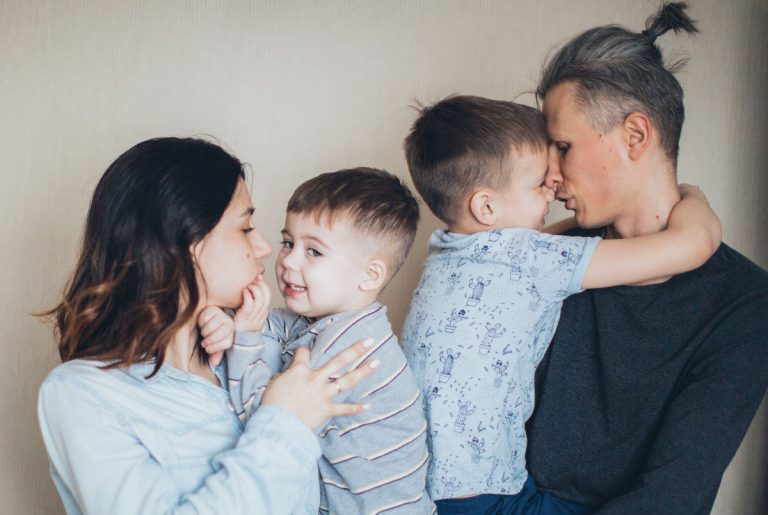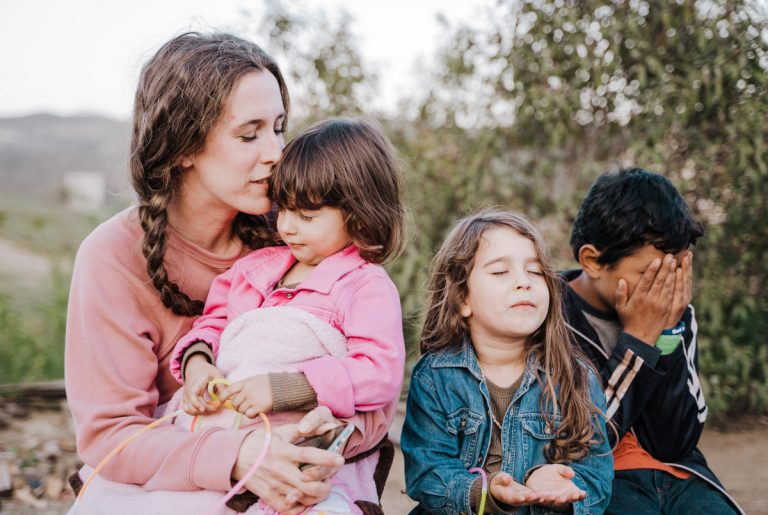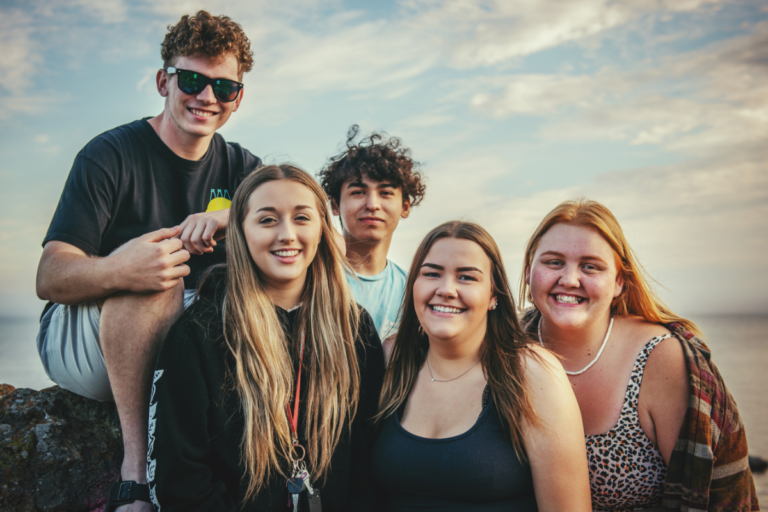作為父母和照顧者,了解社交媒體的風險和回報對於保護您的孩子上網至關重要。在本指南中,我們提供了與您的孩子討論社交媒體安全的實用技巧。
如果您的孩子已經到了學齡,社交媒體可能是他們世界的重要組成部分。雖然社群媒體趨勢瞬息萬變,但保持好奇心和了解情況將有助於保護您的孩子。
承認社交媒體的積極方面
儘管存在風險,但社交媒體無疑可以成為年輕人的積極體驗。這是與朋友和家人聯繫的好方法,可以成為 LGBTQIA+ 和不太外向的孩子安全地探索他們的身份並找到他們的聲音的平台。
通過向您的孩子展示您了解他們為什麼要使用社交媒體——甚至可能分享您自己使用它的原因——他們會看到您“站在他們一邊”並且可能更願意與您公開和討論事情誠實地。
您可以詢問您的孩子他們最喜歡社交媒體的哪些方面,並談談您也喜歡它的哪些方面。
談談社交媒體的潛在風險
在討論了積極的一面之後,與您的孩子討論潛在的風險非常重要,以確保他們的社交媒體安全。這樣,他們就能更好地準備辨識和避免這些危險。
與社交媒體相關的一些負面影響可能包括:
- 他們可能會收到露骨的、暴力的或帶有評判性的訊息
- 他們可能成為受害者 網絡欺凌
- 他們的自尊可能會受到他人評論的影響
- 由於過度接觸社交媒體,他們可能會出現與健康相關的問題——這可能會導致頭痛、社交孤立甚至自殺念頭或行為
詢問他們在社交媒體上是否有過任何負面經歷,如果發生上述任何一種情況,他們會怎麼做。
傳達社群媒體安全和負責任地使用平台的重要性
父母可能對某些社交媒體平台感到有點“一無所知”,因為它們發展如此之快,而且感覺每隔幾個月就會發布一種新型社交媒體平台。但無論您的孩子使用什麼平台,您都可以鼓勵他們牢記一些基本原則。
這些可能包括:
- 只分享他們願意讓他們的祖父母、父母和老師看到的信息
- 考慮他們是否希望其他人看到他們將要發布或發送的內容,即使是在“私人”消息中
- 請記住,帖子不能總是被收回或刪除,即使可以,也可能已經被其他人查看和分享
教您的孩子有關社交媒體隱私和安全的知識
與您的孩子一起檢查隱私設置,並討論為什麼它們很重要。 這些設置在每個社交媒體平台上都會有所不同,因此請先了解您的孩子使用哪些平台。這 eSafety 網站列出了所有社交媒體平台 以及它們的使用方式。
最好讓您的孩子在他們的社交媒體平台上擁有一個私人帳戶,這意味著只有與他們有聯繫的人才能看到他們發布的內容或在照片中標記他們。
教您的孩子如何屏蔽或忽略社交媒體網站上的人,並詢問他們可能使用什麼標準來決定是否屏蔽另一個帳戶。
解釋密碼是為了保護他們免受身份盜用之類的事情。他們不應該與任何人分享任何密碼,即使是男朋友、女朋友或最好的朋友。
如果您發現有人在網上與您的孩子進行任何不當對話,請務必通過“幫助”或“舉報”選項卡舉報此人。始終保留對話的屏幕截圖作為證據。
制定“社交媒體協議”
與您的孩子就社交媒體進行這些討論後,與他們簽訂“社交媒體協議”。在其中,要求他們同意保護自己的隱私,考慮他們的聲譽,並且不洩露個人信息。他們還必須承諾不會使用技術通過欺凌或八卦來傷害任何其他人。向您的孩子明確表示,如果網上發生任何他們感到不舒服或需要幫助的事情,他們可以隨時來找您。
父母還可以通過限制在家中使用社交媒體來幫助孩子保持清醒。在家裡的公共區域放置電腦,盡量避免在臥室放置筆記本電腦和智能手機,以及 設定一些技術使用規則 (例如餐桌上沒有設備)。
雖然世界 社交媒體 有時對父母來說似乎很可怕,但它肯定會一直存在。透過與您的孩子一起工作並公開交流社交媒體安全問題,他們將更有可能保持安全並在出現任何問題時來找您。









